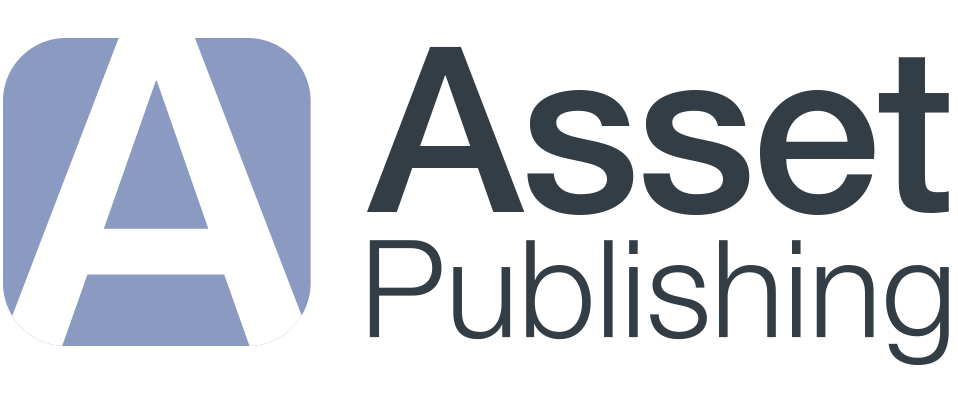Cape Town’s Draft 2025/2026 Budget nothing more than a ‘wealth tax’ on ‘perceived rich property owners’

SAPOA, which took part in the legislated publication process embarked on by the City of Cape Town as part of its 2025/2026 municipal financial year, recently met with Mayor Geordin Hill-Lewis and his executive team following concerns raised by its members.
SAPOA’s delegation comprised CEO Neil Gopal; Quintin Rossi, CEO of Spear REIT Limited; Laila Razack, CFO of Equites Property Fund; Kevin Roman, SAPOA Western Cape Chair, and SAPOA’s legal representative, Albert van Zuyl of GVS Law.
SAPOA set out its concerns which currently span five specific areas:
The proposed property rates increase.
The proposed 7.96% increase in property rates (7.97% for commercial / industrial) far exceeds projected inflation of ±4.4%, as indicated by the National Treasury MFMA (Management Act) Circular 129, says SAPOA. “While Cape Town’s rates ‘Randage’ is among the lowest nationally, high property valuations mean actual rates paid are disproportionately high. Budget documents indicate a projected 8.8% increase in total property rates revenue, a figure SAPOA considers unjustified. SAPOA strongly recommends capping the rates increase at 5%, aligned with economic conditions and statutory expectations.”
The introduction of a city-wide cleaning levy.
The City has introduced a uniform city-wide cleaning levy applied across all properties regardless of service usage. “This levy constitutes a tax, not a tariff or surcharge, and has not been authorised under Section 229 of the Constitution or the Municipal Fiscal Powers and Functions Act (MFPFA). The levy is applied regardless of whether the City provides cleaning services to a specific property. In many CIDs and private developments, property owners fund their own cleaning services. SAPOA asserts the levy is unlawful and unconstitutional and urges its immediate withdrawal.“
The new basis for calculating fixed water charges, and the introduction of a basic sewerage charge.
There is a proposed shift from a fixed basic charge based on connection size to one based on property value for both water and sewerage. Section 74(2)(b) of the Municipal Systems Act (MSA) requires service charges to reflect actual usage.
“Charges based on property value introduces an implicit wealth tax as it is unrelated to actual service usage. This approach removes incentives for resource efficiency and penalizes property owners already investing in sustainability measures (e.g., solar, rainwater harvesting),” says SAPOA.
“Additional fixed charges passed through to tenants increase total occupancy cost. Evidence from SAPOA members suggests that elevated costs are already negatively impacting lease renewals and driving disinvestment. SAPOA urges a return to connection-size-based fixed charges to maintain fairness, proportionality, and economic viability.“
The proposed electricity charges.
“These charges are discriminatory towards commercial property owners. While the City advertises a modest 2% average increase, large commercial users face 16% hikes, while small users receive a 2% decrease. There is no clear rationale provided for this different treatment.”
“The cross-subsidisation mechanism lacks transparency and predictability. Commercial property owners purchase in bulk and resell to tenants at cost, as per NERSA guidelines. This differential increase leads to unrecoverable costs, thereby distorting market dynamics and eroding investor confidence. SAPOA calls for equitable, transparent tariff adjustments that do not unfairly penalize large users.”
The City’s innovative tariff calculator
On the City’s website currently, a calculator is available for residential property owners only. Commercial property owners, faced with a raft of new tariffs, new methods of calculating tariffs, and significant increases in tariffs, are simply unable to assess how these changes will impact their financial position.
“As a result, they are deprived of the opportunity to meaningfully take part in the public participation process. The MFMA mandates public participation and emphasises that this requires meaningful engagement, not procedural formality. SAPOA requests urgent development and release of a commercial tariff calculator to ensure fair access to information.”
SAPOA has also pointed out that the City’s budget remains highly technical and inaccessible to the general public. Furthermore, the shift from a usage-based basic tariff to a property value-based charging system penalizes owners with higher value properties whilst undermining the City’s own green and sustainability goals.
“The City is, in effect, introducing nothing other than a wealth tax on perceived ‘rich’ property owners, many of whom in fact indicated that they will be unable to afford the proposed increases,” it says.
Quintin Rossi suggested that, rather than increasing property rates and tariffs, the City ought to leverage its “excellent financial position“, by diversifying its sources of revenue, especially in order to fund infrastructure development.
This may be done by issuing development and infrastructure bonds in the open market. Neil Gopal added that the City has one of the best credit ratings of all municipalities across the African continent, and that it should leverage this position in order to grant relief to over-burdened property owners.
The Mayor noted his appreciation to the initial letter received from SAPOA with its objection to certain aspects of the proposed Budget and informed SAPOA that the City is still considering all objections, with this process to continue until the end of May 2025.
He also pointed out that they are currently in the process of obtaining a legal opinion from senior counsel regarding SAPOA’s view on whether the city-wide cleaning levy is a tax or a levy, but asserted that this levy in necessary as the City require funds to maintain / develop the City.
The views and opinions expressed in this article are those of the author and do not necessarily reflect the official policy or position of Property Wheel.
